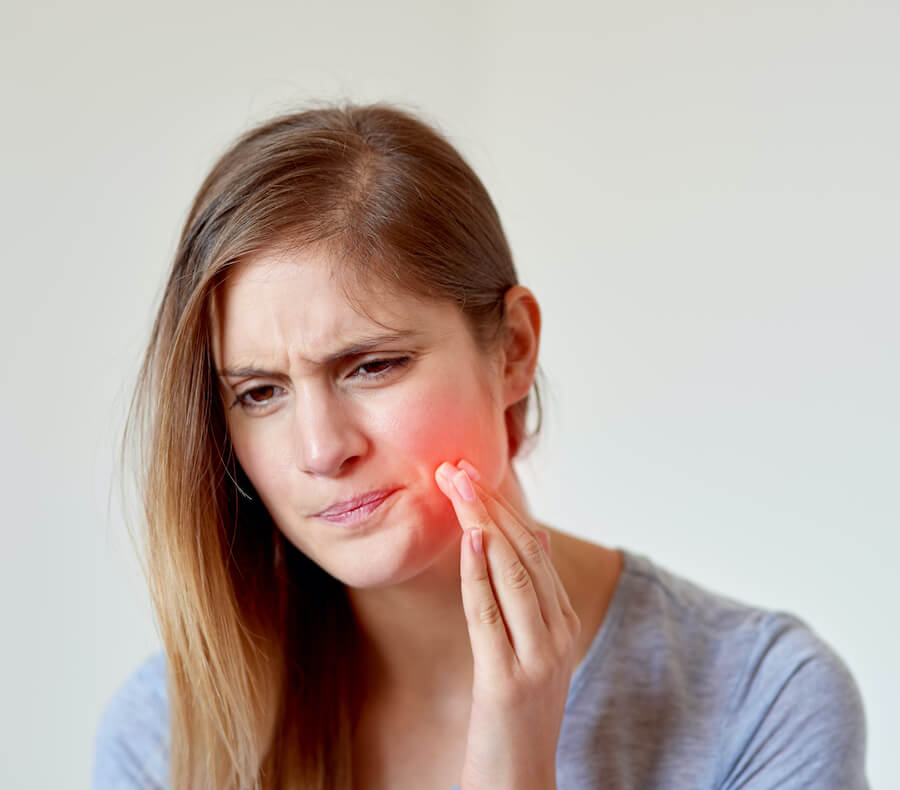
Sometimes a tooth extraction, such as wisdom teeth removal, is in a patient’s best interest. Dry socket is a possible discomfort that can occur post-extraction. A dry socket happens when the protective blood clot that forms in the socket is dislodged, leaving the bone and nerves exposed.
What Causes Dry Socket?
A tooth extraction leaves behind an empty socket and exposed nerve endings. Soon after the procedure, a blood clot should form to cover the area where the tooth once was. This aids in healing and helps protect your body from infection. If this clot becomes dislodged, the area is considered a dry socket. Dry socket can be caused by poor oral hygiene, smoking, facial trauma, vigorous rinsing and spitting, and drinking through a straw.
Symptoms of a Dry Socket
If you’ve recently had a tooth extraction, watch out for the following symptoms of a dry socket:
- Intense Pain – Severe, throbbing pain around the extraction site and in your jaw that radiates to other areas of your face is the most common symptom of a dry socket.
- Empty Socket Appearance – Dry socket is caused by a missing blood clot so the extraction area will have an empty-looking socket.
- Bad Breath & Taste – A foul odor or taste in the mouth can indicate the presence of dry sockets.
How to Prevent Dry Socket
There are several preventive measures you can take to minimize your risk of developing dry socket. For example:
- Follow Post-Extraction Instructions – Carefully adhere to your dentist’s instructions regarding oral hygiene, eating a soft diet, and taking your prescribed medication.
- Avoid Tobacco Products – Refrain from smoking or using any tobacco products, as they significantly increase the likelihood of experiencing dry socket, infection, and delayed healing.
- Maintain Good Oral Hygiene – Brush your teeth twice a day, avoiding the extraction site until you are cleared by your dentist to irrigate and brush it. Gently rinse your mouth with warm saltwater beginning the day after surgery to promote healing and help prevent infection.
Consult with Our Westerville Dental Team!
If you suspect you may have a dry socket, it is essential to seek prompt dental care. Sean Abidin, DDS, & Vanessa Cao, DDS, can alleviate your pain and encourage proper healing. Contact us today!
